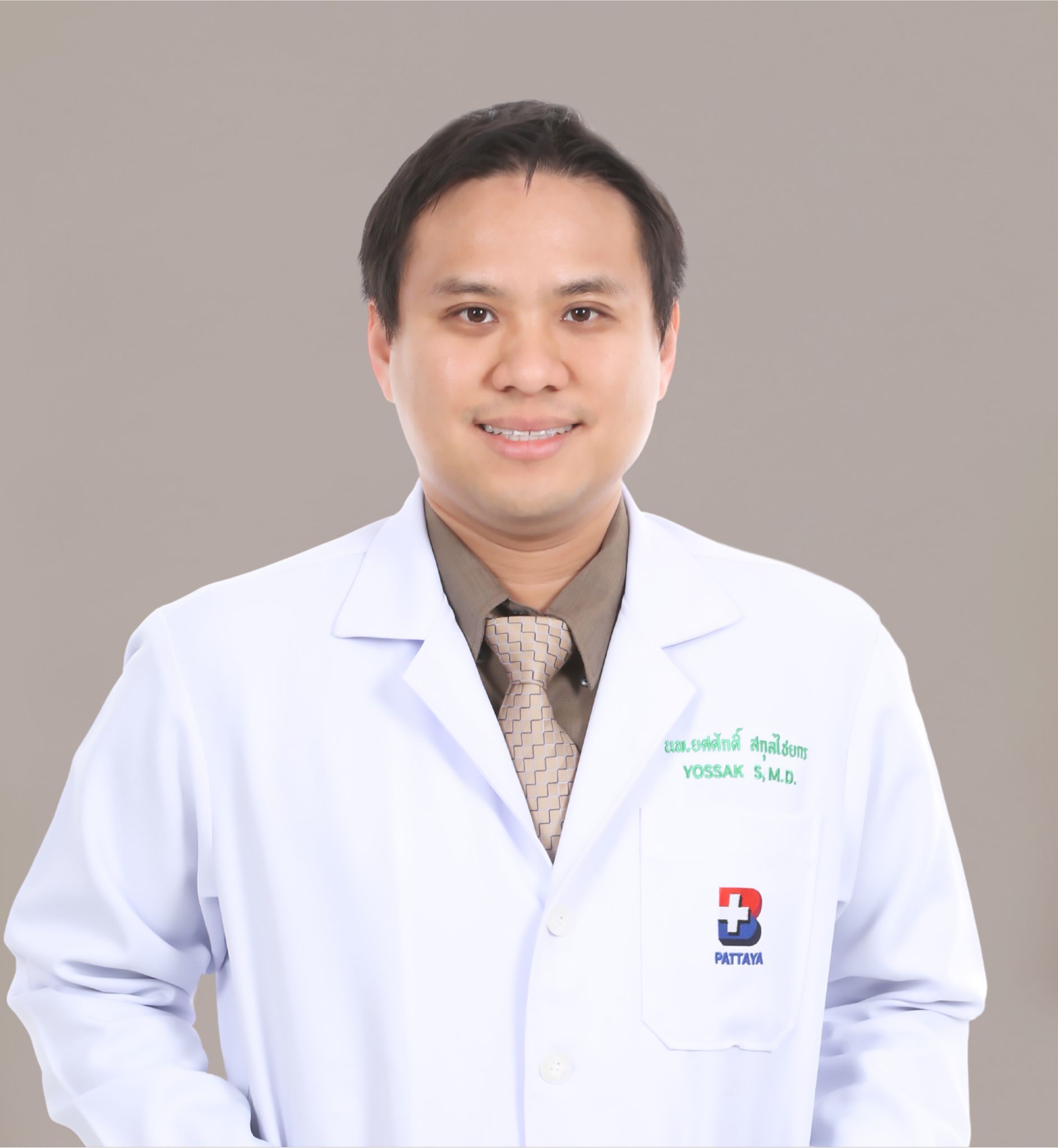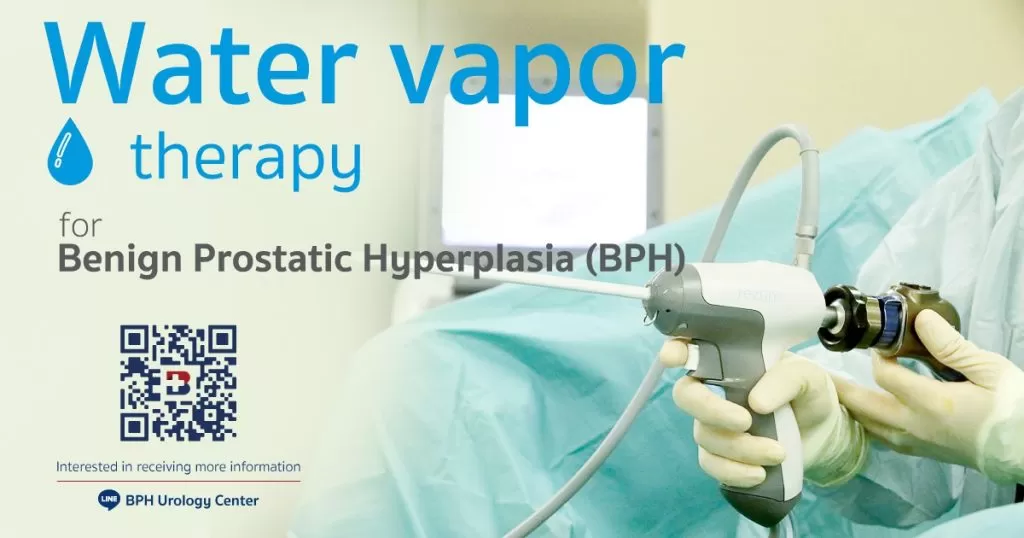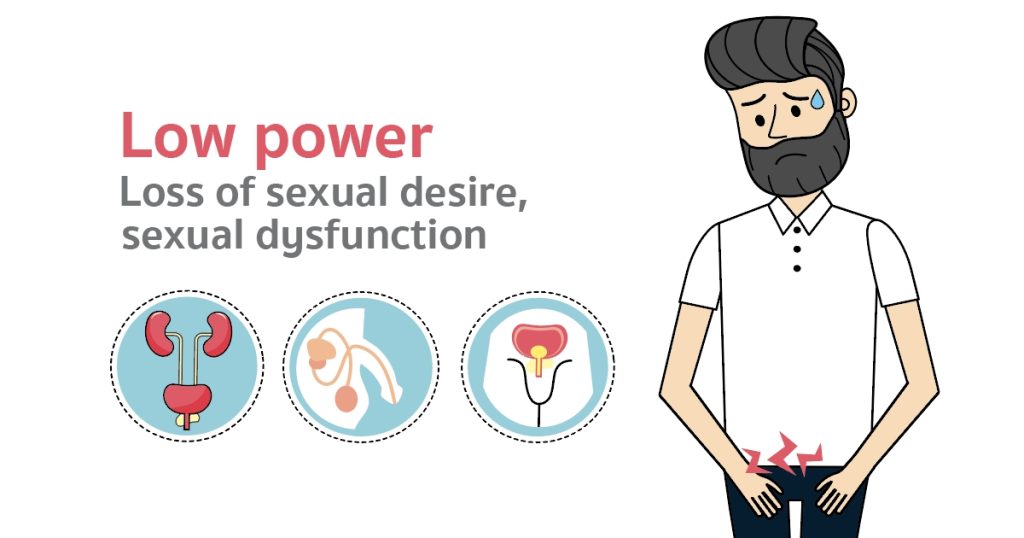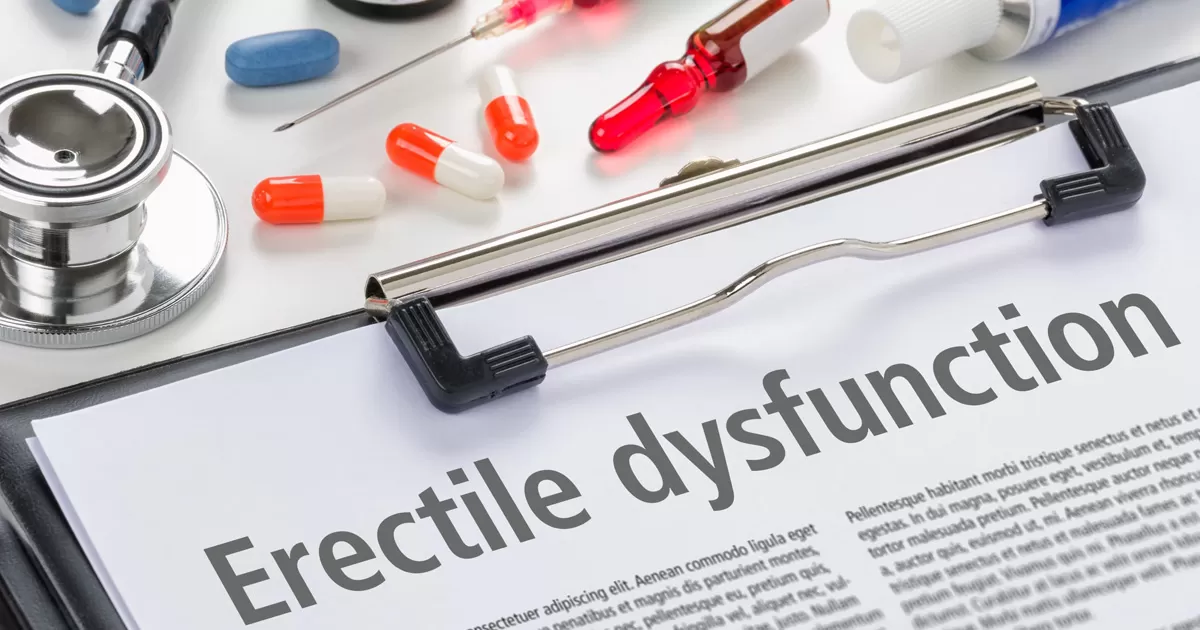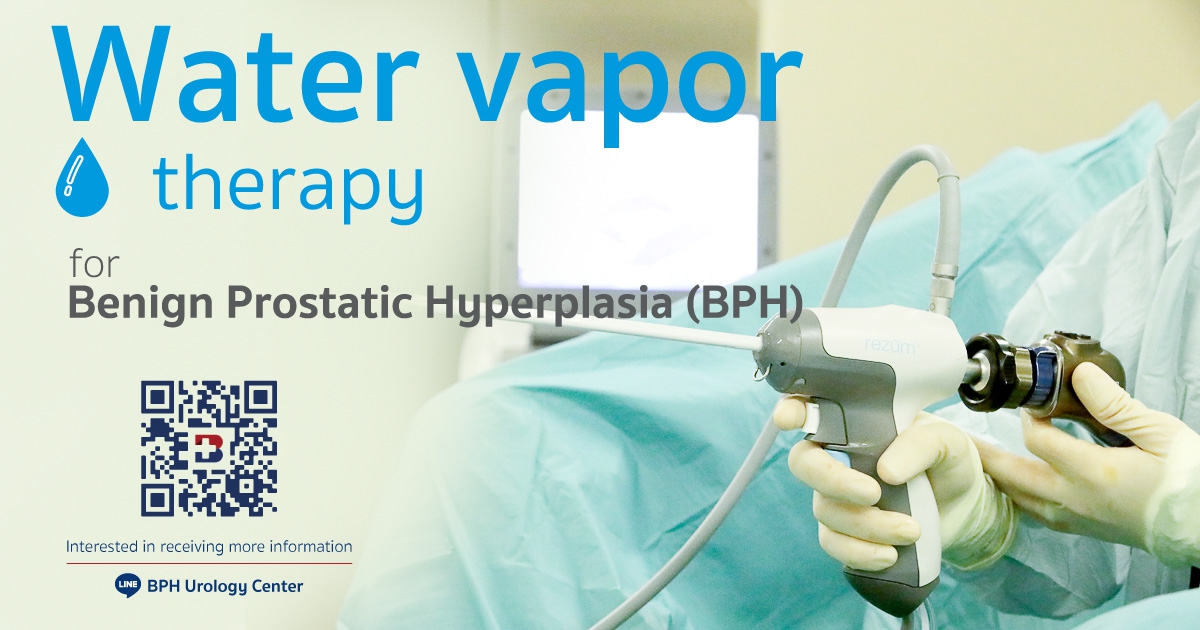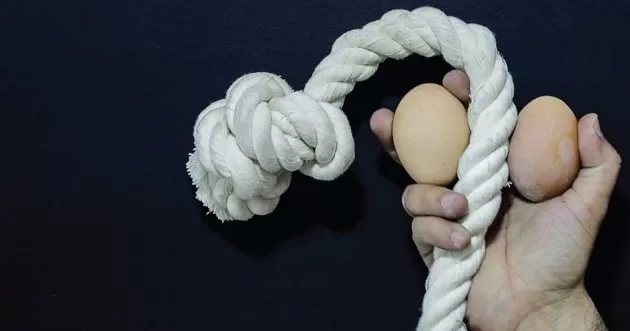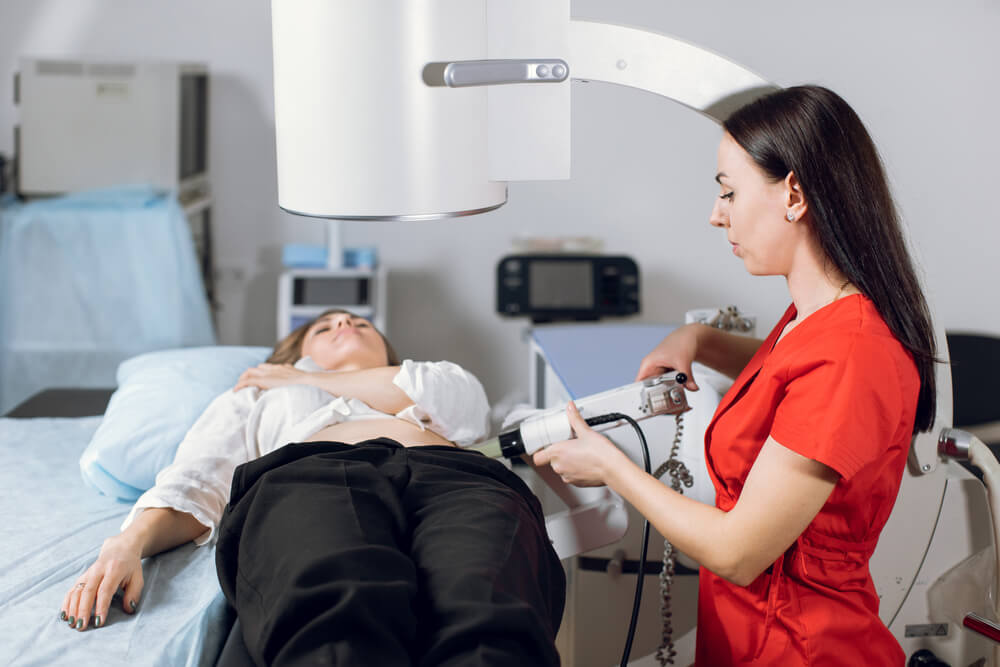
ESWL (Extracorporeal shockwave lithotripsy)

Extracorporeal Shock Wave Lithotripsy (ESWL) is the use of low-frequency, high-energy shock waves, externally sent through the skin to target kidney stones – causing the stones to break down into fragments until they become “stone dust”, small enough to pass through urination.
ESWL is a non-invasive procedure that allows patients a very short stay at the hospital and a quick recovery.
- Although ESWL is a widely popular and effective treatment method, not all types of urinary tract stones can be treated using this method.
- Limitations are as follows:
- Stones which are too large (kidney stones larger than 2 centimeters / ureteral stones larger than 1-1.5 centimeters)
- Patients with bacterial infection and inflammation of the urinary tract (which needs to be cured prior to the procedure in order to avoid worsening the infection)
- Patients with bleeding disorders
- Patients with a urinary tract obstruction (must first be corrected)
- Patients who are overweight, obese, or pregnant
- Complications of ESWL are usually relatively mild; patients may experience the following symptoms:
- Blood is mixed in with urine causing a reddish color, but will gradually fade after urinating 2-3 times.
- There may be an increase of inflammation in patients with a pre-existing infection, but can be treated with antibiotics.
- There may be some abdominal pain in cases where stone fragments migrate and cause blockage in the urethra – which will pass normally as well.
- Nearby organs such as the intestines, arteries, and veins, may sustain some minor injuries.
- Drink plenty of water in order for stone fragments to pass during urination.
- Take medications according to doctor’s orders.
- Go for periodic follow-up visits, staring within 1-2 weeks after the procedure, to ensure that all the stones have passed completely, and to prevent recurrence.
Treatments and Technologies
Share :
Related Articles
Related Doctors

.jpg)
